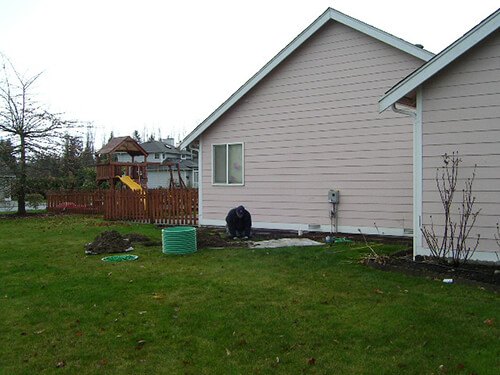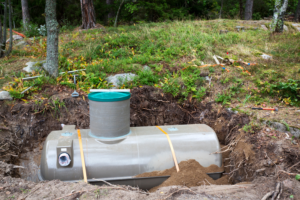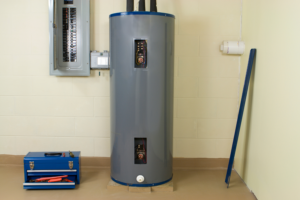
The cold winter months can bring a lot of headaches for homeowners. The low temperatures can cause pipes to freeze if specific precautions are not taken. Unlike other liquids, water expands when it is frozen. If water fills a pipe and it freezes, the frozen water often causes the pipe to literally burst. Broken pipes can result in extensive water damage that can ruin flooring, walls, and ceilings. The damage can be incredibly expensive to repair and worse yet can leave homeowners without access to water for days in the dead of winter. Even though you can never anticipate how severe winter might be, there are some steps you can take now to avoid problems later.
Get to Know Your Plumbing. Make sure you know where your home’s main water shut off valve and make sure that it is easily accessible to you. Know where the valves are located and the direction they need to be turned to stop the flow. This could save you thousands of dollars in water bills and damage to your home. If your pipes do freeze, time is of the essence. Also, if you’ll be gone for any length of time during the winter, always turn off the water to your home.
Insulate, Insulate, Insulate. Prevent your pipes from freezing by making sure your home has adequate insulation. This includes insulating your exterior walls, crawl space, basement, and attic. Don’t forget to insulate the pipes themselves (both hot and cold water), particularly any pipes or faucets in unheated areas like the garage or attic. Exposed pipes can be insulated with pipe wrap, heat tape, or foam jackets. Although you can install these products on your own, be sure to follow the manufacturer’s instructions carefully. If you are unsure or want to leave it to the professionals, the trained experts at FloHawks can ensure this essential function is completed correctly.
Shut Off the Water to Outside Spigots. To keep outdoor plumbing fixtures from freezing, disconnect and drain any outdoor hoses. Then, shut off the water to your outdoor faucets, drain the supply lines, and insulate the hose bibs. If left connected during freezing temperatures, water in hoses will freeze and expand causing connecting faucets and pipes to freeze and break.
Cover Air Vents. Be sure to close or cover the air vents located in the foundation wall of your home. This will help prevent the pipes in the crawl spaces from being exposed to freezing air.
Seal Up Any Holes in the Exterior Walls of Your Home. Even small holes where cable wires or phone lines enter your home can be an entry point for freezing air. Close them up with caulk or foam insulation. Use weather stripping to seal any cracks around your doors. Remember, if you’re chilly in the house, the pipes are feeling that chill as well. When the outdoor temperature is below freezing, you can also leave the cupboard doors in the kitchen and bathroom open to allow pipes to get more heat.
Maintain Your Hot Water Heater. Your water heater works extra hard during the long winter months. We recommend draining and maintaining your water heater annually. Call your professionals at FloHawks to drain corrosion-causing sediment from the tank that can also reduce energy efficiency.
Don’t Wait for an Emergency. The pipe winterization professionals at FloHawks can evaluate problem areas in your piping system and protect potential weak spots. Call us today to ensure your peace of mind knowing that your plumbing system will avoid the freeze this Washington winter.











